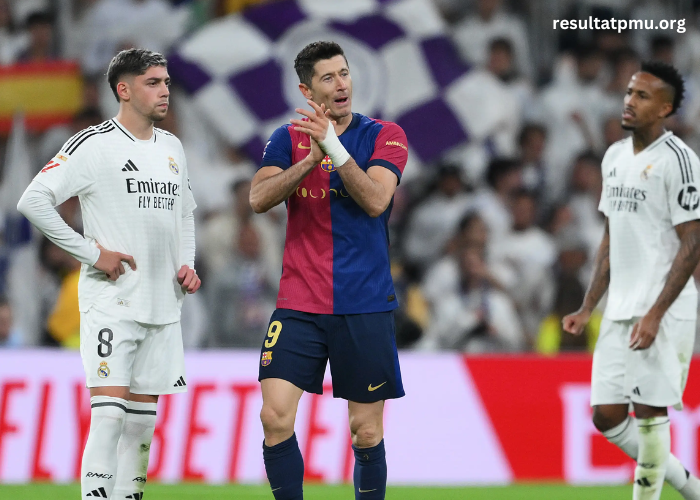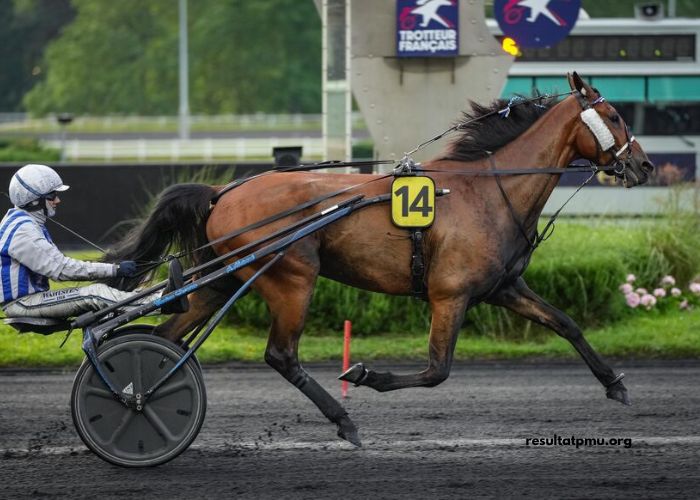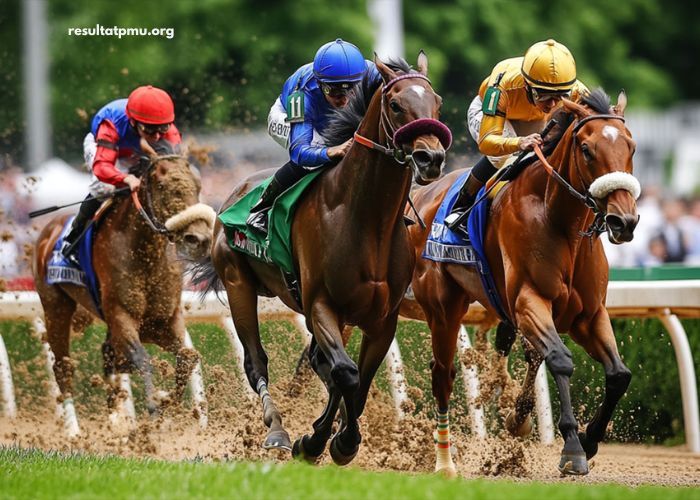The clash between Barcelone and Real Madrid is more than just a game; it represents a deep-rooted rivalry that has shaped the landscape of football. This fierce competition, known as “El Clásico,” draws attention from millions of fans worldwide, creating an atmosphere charged with passion and anticipation.
Understanding the significance of Barcelone – Real Madrid is essential for any football enthusiast. This article delves into the rich history, memorable matches, and the cultural impact of this rivalry, providing insights that resonate with both die-hard fans and casual observers.
What is the Historical Significance of Barcelone – Real Madrid?
The rivalry between Barcelone – Real Madrid dates back over a century, encapsulating not just sporting competition but also political and cultural dimensions. The origins of this fierce rivalry can be traced to the early 20th century, with both clubs representing distinct identities: Barcelona as a symbol of Catalan pride and Madrid embodying the Spanish capital’s central authority. This underlying tension transformed every encounter into more than just a football match; it became a manifestation of broader social and political issues.
Throughout the years, the significance of Barcelone – Real Madrid has only grown, with each match serving as a battleground for regional pride and national identity. Iconic figures such as Alfredo Di Stéfano, Lionel Messi, and Cristiano Ronaldo have all contributed to the lore of this rivalry, each leaving an indelible mark on its legacy. The matches have often mirrored the historical context of Spain, making each encounter rich in significance beyond the scoreline.
How Do Barcelone and Real Madrid Compare in Achievements?
When discussing the rivalry of Barcelone – Real Madrid, it is essential to examine the achievements of both clubs. Historically, both teams have been immensely successful, with each holding numerous domestic and international titles. Real Madrid boasts an impressive collection of UEFA Champions League trophies, solidifying its status as a European powerhouse. Meanwhile, Barcelone has excelled in domestic leagues, particularly during periods of dominance in the 2000s and 2010s.
The head-to-head record in the context of their matches adds another layer of intrigue to the rivalry. While Real Madrid has had periods of success, particularly under legendary coaches like Zinedine Zidane, Barcelone has seen eras defined by tactical brilliance, especially during Pep Guardiola’s tenure. This ongoing competition for supremacy, marked by fluctuating fortunes, fuels the passion and fervor that surrounds each Barcelone – Real Madrid encounter.
What Are the Memorable Matches in Barcelone – Real Madrid History?
The history of Barcelone – Real Madrid is filled with unforgettable matches that have captivated fans and shaped the legacy of both clubs. One of the most notable encounters occurred in 2010 when Barcelone triumphed 5-0 at the Camp Nou, a match that showcased their attacking prowess and tactical superiority. This game is often remembered for its brilliance and the way it epitomized the philosophy of “tiki-taka” football.
Another significant match took place in 2017, when Real Madrid clinched the La Liga title in a dramatic El Clásico at the Santiago Bernabéu. This victory not only highlighted Madrid’s resilience but also set the stage for a thrilling conclusion to the season. Each Barcelone – Real Madrid match carries its own narrative, with moments of brilliance, controversy, and unforgettable performances contributing to the ever-evolving story of this rivalry.
How Do Fans Influence the Atmosphere During Barcelone – Real Madrid Matches?
The atmosphere surrounding Barcelone – Real Madrid matches is electric, largely due to the passionate fanbases of both clubs. Supporters play a crucial role in creating an environment that amplifies the significance of each encounter. The chants, banners, and coordinated displays in the stands reflect the deep emotional investment fans have in their teams. This passion can be felt both at the Camp Nou and the Santiago Bernabéu, transforming each stadium into a cauldron of intensity.
Moreover, the rivalry extends beyond the physical match, as fans engage in banter, discussions, and debates leading up to the encounter. Social media has further amplified this dynamic, allowing supporters from around the world to share their views and predictions. The cultural significance of Barcelone – Real Madrid matches, coupled with the fervor of the fans, creates an atmosphere that is truly unparalleled in the world of football.
What Role Do Iconic Players Play in the Rivalry of Barcelone – Real Madrid?
The rivalry of Barcelone – Real Madrid has been defined by some of the greatest footballers in history. Players such as Lionel Messi, Cristiano Ronaldo, Alfredo Di Stéfano, and Ronaldinho have not only influenced their teams but have also become symbols of the rivalry itself. Their performances on the grand stage have provided fans with countless unforgettable moments, often deciding the outcomes of crucial matches.
The individual brilliance of these players has heightened the stakes in Barcelone – Real Madrid encounters, as their ability to change the course of a game adds an extra layer of drama. Messi’s record-breaking goal tally against Madrid and Ronaldo’s crucial strikes in decisive moments have etched their names into the annals of this historic rivalry. Their legacies continue to inspire future generations of players and fans, solidifying the importance of individual talent in the context of a team rivalry.
How Have Tactical Approaches Evolved in Barcelone – Real Madrid Matches?
The tactical evolution of Barcelone – Real Madrid matches reflects broader trends in football, showcasing how strategies and philosophies shape outcomes. Historically, Barcelona’s emphasis on possession and short passing, especially during the Guardiola era, contrasted sharply with Real Madrid’s counter-attacking style, which often relied on speed and individual brilliance. This tactical dichotomy has led to fascinating battles on the pitch, as coaches adapt to each other’s strengths and weaknesses.
In recent years, both teams have experimented with formations and strategies, reflecting the growing complexity of modern football. Coaches like Zinedine Zidane and Ronald Koeman have sought to blend traditional tactics with innovative approaches to gain an edge in these high-stakes encounters. The ongoing tactical chess match that unfolds during Barcelone – Real Madrid is a testament to the evolution of the game and the strategic minds at the helm of both clubs.
What Is the Impact of Barcelone – Real Madrid on Spanish Football?
The significance of Barcelone – Real Madrid extends beyond the clubs themselves, impacting the entire landscape of Spanish football. As two of the most successful and popular teams in the world, their rivalry generates enormous interest, drawing attention from media outlets, sponsors, and fans alike. The financial implications are significant, as matches between these two giants create lucrative broadcasting deals and sponsorship opportunities.
Moreover, the rivalry influences the competitive dynamics within La Liga, as teams often aim to emulate the success of Barcelone – Real Madrid. Their encounters set a benchmark for excellence, motivating other clubs to invest in talent and infrastructure. The cultural impact of this rivalry resonates through various levels of Spanish football, shaping youth academies, coaching philosophies, and fan engagement strategies across the nation.
Conclusion
In summary, the rivalry of Barcelone – Real Madrid is a complex tapestry woven with history, culture, and sporting excellence. This iconic competition transcends the pitch, encapsulating the essence of football as a powerful unifying force. From historical significance and memorable matches to the influence of fans and iconic players, every facet contributes to the allure of Barcelone – Real Madrid. As this rivalry continues to evolve, it remains a cornerstone of football, captivating generations of fans and shaping the future of the sport.




